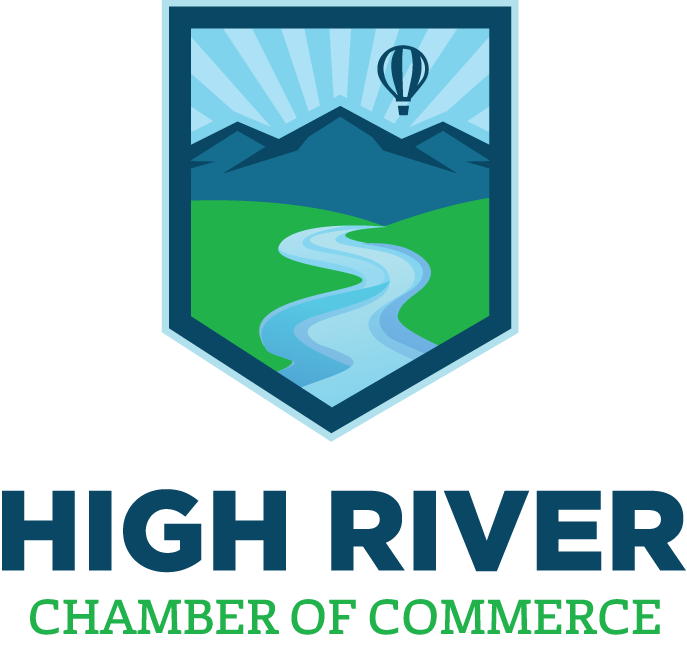2025 Candidate Q’s: Brenda Walsh
Thank you High River residents for taking the time to ask our 2025 Municipal Election Candidates the many questions before and at the All-Candidates Forum.
While we couldn’t get all the questions answered in person, we did go through the questions, remove the redundancy and have the Most Asked questions below that our candidates were invited to answer AFTER the forum.
Read on to learn more about your candidates and the issues that have been top of mind for our engaged citizens.
What does advocacy mean to you and how best do/will you practice this attribute of leadership?
To me, advocacy means using your voice to elevate others — not just your own ideas. It’s about listening first, understanding the needs of residents, and representing those needs clearly and consistently at every decision-making table.
As Mayor, I will practice advocacy through open and consistent communication with residents, businesses, administration, and Council. I believe good governance begins with listening — and continues with transparency. I will continue to host open forums, encourage citizen input, and strengthen partnerships with organizations like the Chamber of Commerce to ensure decisions reflect the people they affect.
What is your position on water conservation?
Water is one of our most valuable and limited resources, and responsible stewardship must guide every policy and project.
I support practical conservation strategies such as improved leak detection, timely infrastructure upgrades, and community education programs that empower residents and businesses to conserve. Long-term water sustainability also requires regional collaboration — ensuring new development and agricultural use align with our watershed’s true capacity.
A lot of the candidates talk about local economy specifically; how do you plan to grow the economy? And how do you plan to encourage sustainable growth?
Our local economy thrives when small businesses thrive. Growth should enhance our community — not erode its character.
I support the creation of a clear Economic Development & Tourism Strategy that focuses on attracting investment aligned with High River’s values: supporting entrepreneurs, strengthening our downtown, and promoting arts, culture, and tourism as economic drivers.
Sustainable growth means thoughtful planning — balancing infrastructure investments with responsible development. That includes protecting our downtown charm while welcoming carefully planned commercial opportunities, such as along 12th Avenue, that complement rather than compete with what makes High River unique.
How do you plan on responding to the growing needs of the youth demographics (ages 10 to 16) of High River to help retain or bring them back when they become adults?
Youth engagement begins with connection and opportunity. When young people feel heard, supported, and invested in their community, they’re far more likely to return as adults. I would like to see a stronger Youth Advisory Council model, more mentorship and volunteer pathways, and collaboration with local schools and businesses to build job skills and leadership experiences.
If we give youth a voice in shaping High River today, we build a future where they’ll want to stay — or come home to — tomorrow.
With an aging population and increase in disabled persons in our town, what steps do you propose to ensure a meaningful life for all residents?
A healthy community is an inclusive community.
We need to continue designing public spaces, programs, and transportation options that support accessibility, safety, and connection. As Mayor, I will champion age- and ability-friendly planning — from improved walkability and mobility access to partnerships with health and social services that reduce isolation and improve quality of life.
Meaningful inclusion means everyone can participate, contribute, and belong.
What does urban sustainability mean to you?
Urban sustainability means building a town that works for people today without compromising the needs of tomorrow.
For High River, this means responsible development, resilient infrastructure, and fiscal discipline. Every decision — from roads to recreation — should support environmental, social, and economic balance.
True sustainability comes from thoughtful planning, long-term budgeting, and a shared commitment to keeping High River livable, vibrant, and ready for the next generation.


